Although cat owners know that their pets retain specific memories for months and even years, they have yet to figure out how good a cat’s memory is. That explains why cats recognize their owners no matter how long they are away. Also, you find neglected cats to avoid people. So how good are cats’ memories? Find out as you keep reading.
Table of Contents
- How Long is a Cat’s Memory?
- What Activates a Cat’s Memory?
- Cat Memory Types.
- How Good Are Cats’ Memories: What is a Cat More Likely to Remember?
- How Good Are Cats’ Memories: Do Older Cats Get Memory Loss?
- About Kittens and Their Memories
- Can I take any action to protect my cat’s memory?
- Conclusion
How Long is a Cat’s Memory?
The memory of your pet should last for around 16 hours. It’s important to remember that your cat has long-term memory. Cats are excellent at remembering details about food and prey.
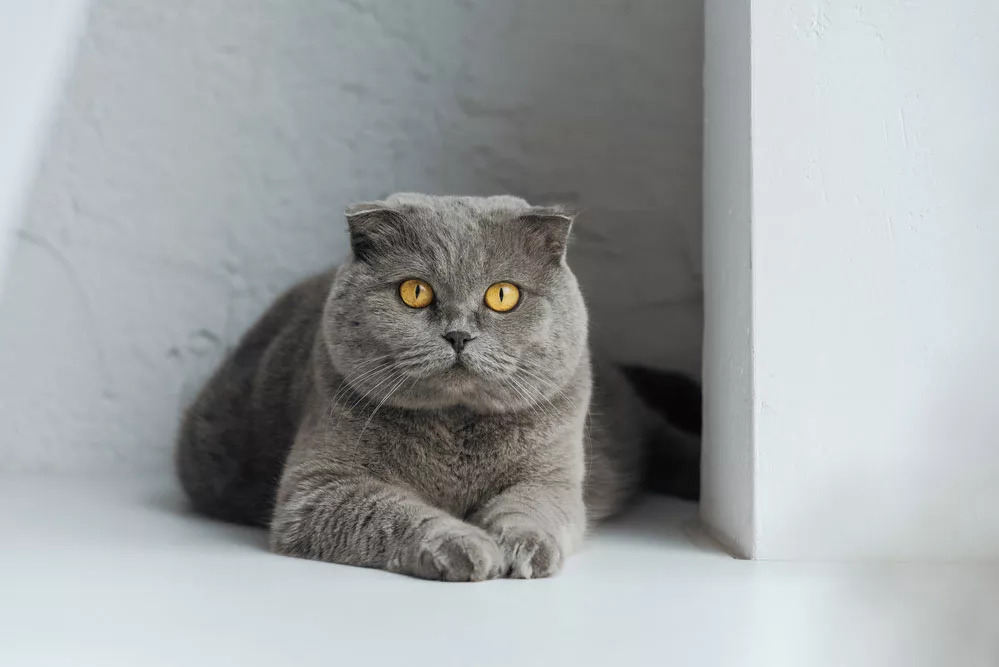
(A cute cat)
What Activates a Cat’s Memory?
Cats need food, water, sleep, play, urination, hunting, and interaction with other cats. These basic needs explain why your cat can remember when and where they eat cat food, where their litter box is, etc.
Again, feelings like fear or joy may trigger memories. Your cat could develop a bond with a particular garden area if they have had a bad experience there. An example is when they have had a battle with another cat. On the plus side, your cat could wait for you in your favorite chair if they have previously relished lap cuddles.
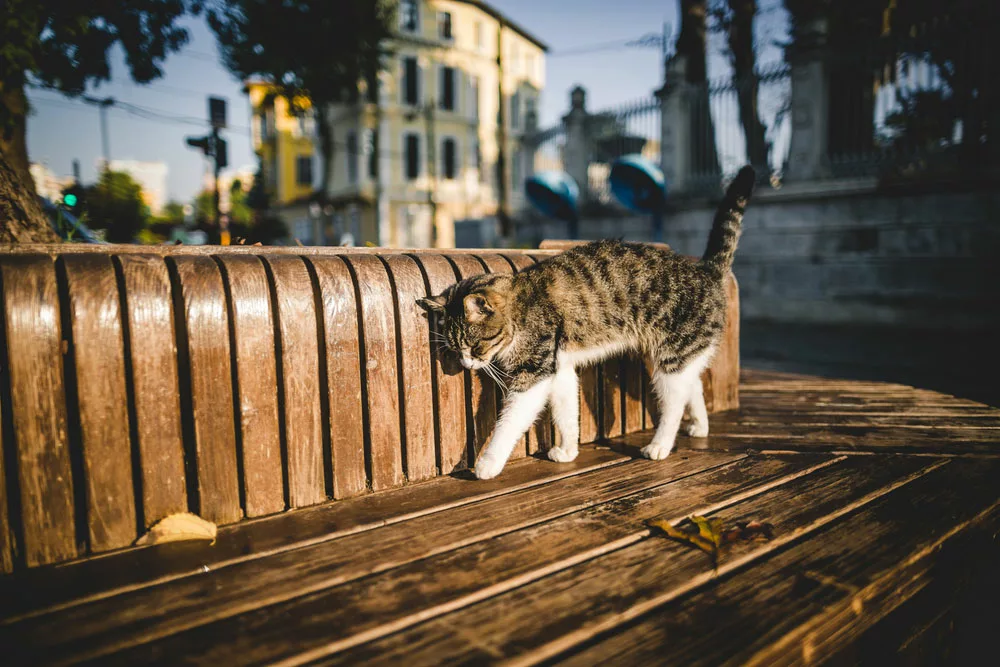
(The cat in the park).
Cat Memory Types.
There are different memory patterns noticeable in cats.
How Good Are Cats’ Memories: Short-term memory in cats
Most of the time, a cat will use this memory to find its way around. A cat’s working memory is relatively good. It retains essential information for 16 hours at least. Other sources suggest that this may last up to 24 hours. However, a cat is less likely to remember you if it just watches someone or something without engaging.
Are Cats Capable of Long-term Memory?
Research suggests that cats have four distinct forms of long-term memory. They are
1. Implicit or Quick Memory
Implicit memory describes how a cat remembers grooming or hunting prey behaviors. These memories tend to stay with the cat after experiencing them earlier. They are instant and called on subconsciously.
2. Explicit Memory
It might be difficult to determine how much accessible long-term memory a cat has. However, both favorable and unpleasant events are easy for them to recall even after a few years. For example, if you spill hot liquid on them, the memory forever sticks!
3. Visual Memory
Cats recognize the faces of their owners. They may, however, not display the eagerness as dogs would. Often, a cat’s visual memory is short-lived and only lasts about a minute. It rarely spends time trying to identify an object.
4. Spatial Memory
Cats are very good at remembering their surroundings and how to utilize them. You may have noticed that your cat constantly uses the same method or path while climbing its cat tree.
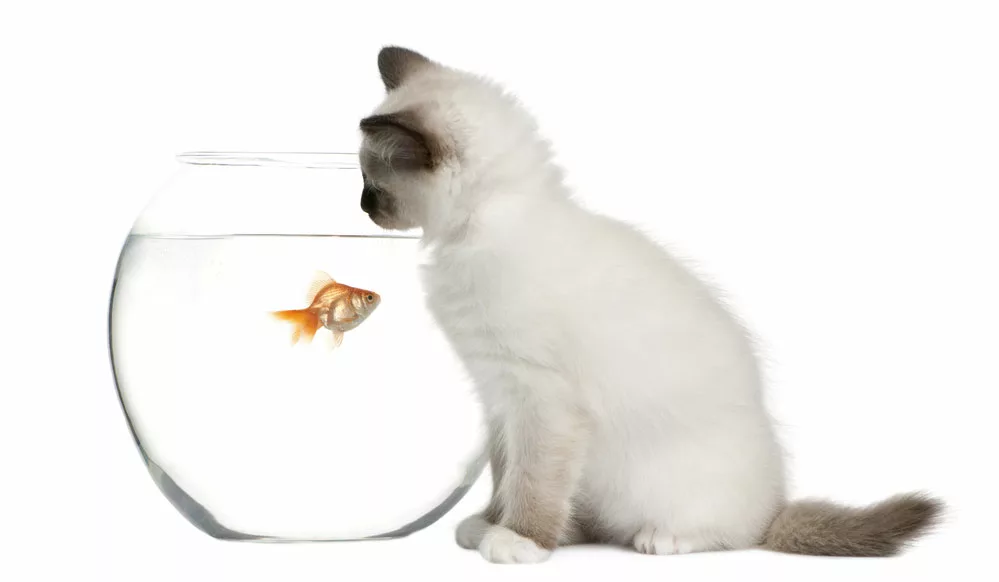
(A cat is looking at the fish in the tank)
How Good Are Cats’ Memories: What is a Cat More Likely to Remember?
Cats are said to recall the following things more vividly than others:
1. Their owners
Your cat will probably recognize you when you go home, even if you’ve been gone for a while.
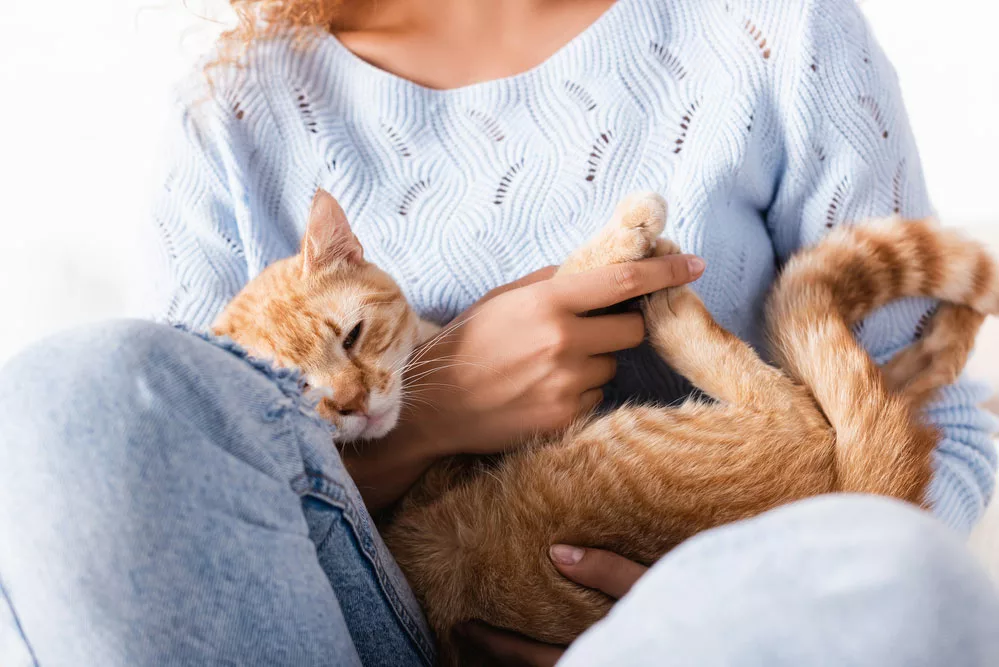
(The cat and the mistress)
2. Other Cats
Cats may communicate with one another by licking, grooming, and even utilizing their sense of smell. Even after being separated for an extended period, cats from the same litter appear to remember one another.
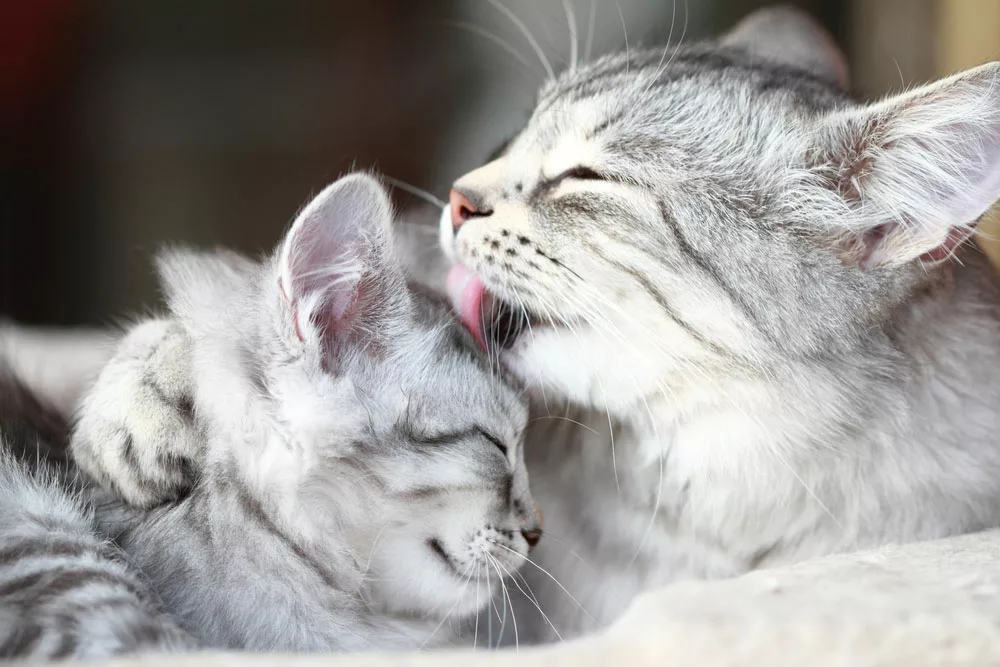
(A cat grooming another kitten).
3. Trauma and negative encounters
Some cats have peculiar traits that show they have experienced trauma or a major tragedy. For example, a cat could steer clear of men, the sound of shopping bags, or even the barking of the dogs next door. These triggers may be the outcome of an incident from many years ago.
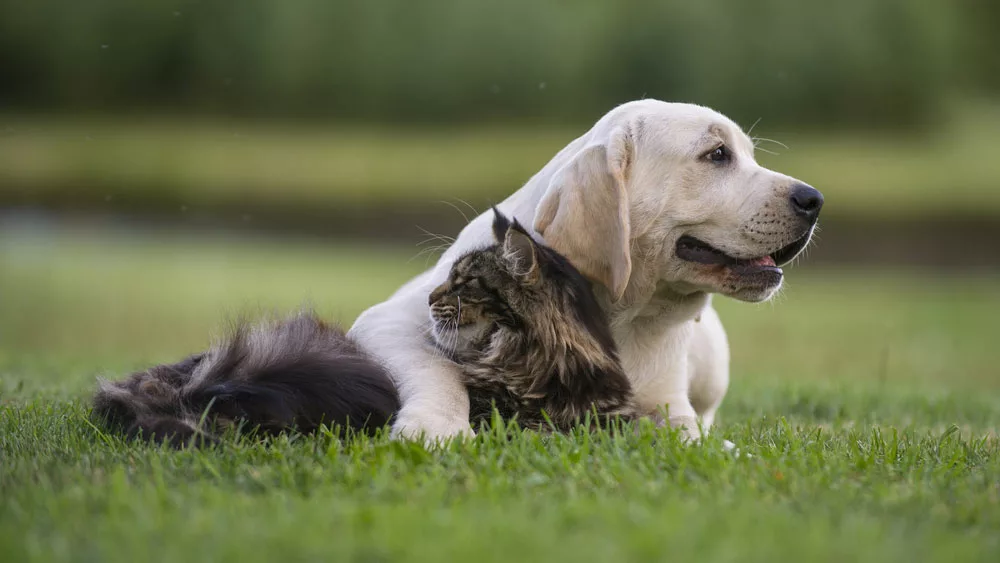
(A cat and a dog)
4. Locations
Cats that make territorial rounds in the neighborhood will almost certainly remember where they dwell. They will also recall where the food is and the safe place. There is no question about their capacity to remember things like this.
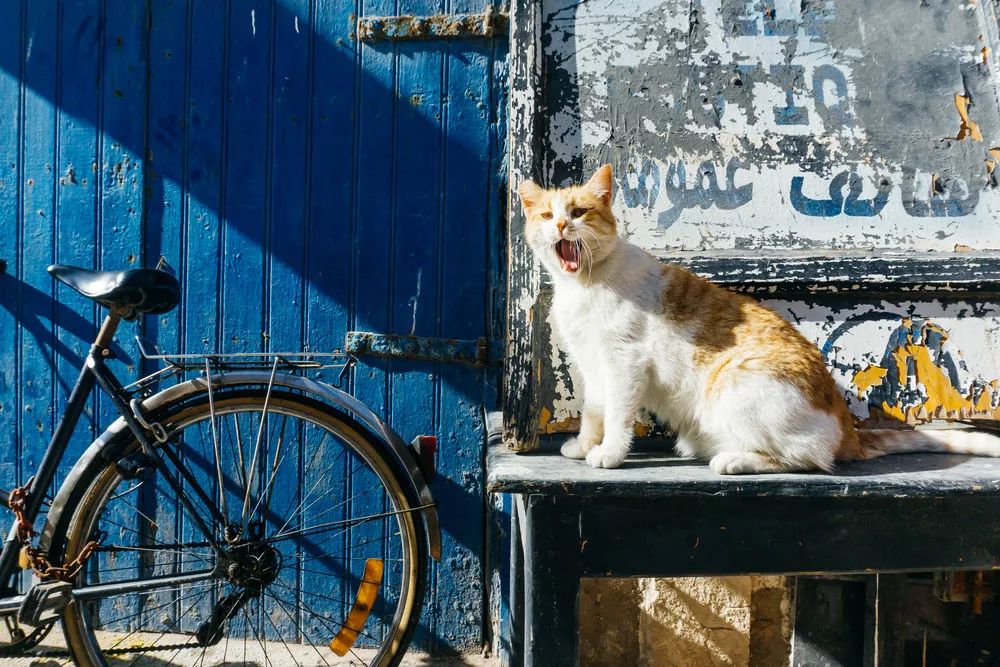
(A cat in the street)
How Good Are Cats’ Memories: Do Older Cats Get Memory Loss?
Like humans, cats have age-related memory decline. Numerous studies have shown a deterioration in cognitive function, including memory and learning ability, in older cats. Older cats may exhibit symptoms of cognitive declines, such as wandering, spatial disorientation, unusual sleeping patterns, blank stares, and more.
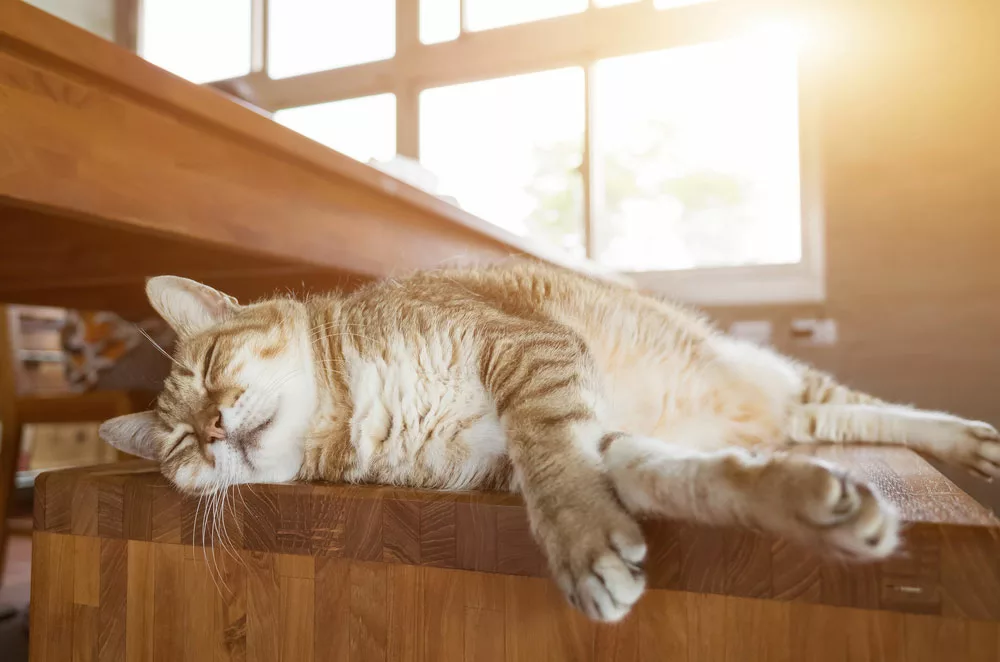
(A cat sleeps on a chair)
About Kittens and Their Memories
A strong sensory memory is at play when a kitten does not engage with people within its first eight weeks of living. The kitten is less likely to make human connections later on. At best, it would be difficult to trust humans, which would account for the fact that wild cats are typically distrustful and resistant to cuddling.

(Child holding two kittens)
Can I take any action to protect my cat’s memory?
Maximum feline health, including long-term cognitive function, depends on a good diet, adequate cerebral stimulation, and plenty of exercise. Food puzzles are a great way to keep your cat’s mind engaged while allowing them to utilize their natural curiosity to solve exciting puzzles. To slow down feline cognitive loss, a kitty-human connection, as well as food puzzles and games, is necessary.
Further, using additional vitamins tackle cognitive deterioration in your cat. There is proof that extra vitamins C and E, beta-carotene, selenium, and carnitine help cats with memory loss. Omega-3 fatty acids may also be advantageous, according to certain veterinary professionals. Additionally, cat food should never include human vitamins.
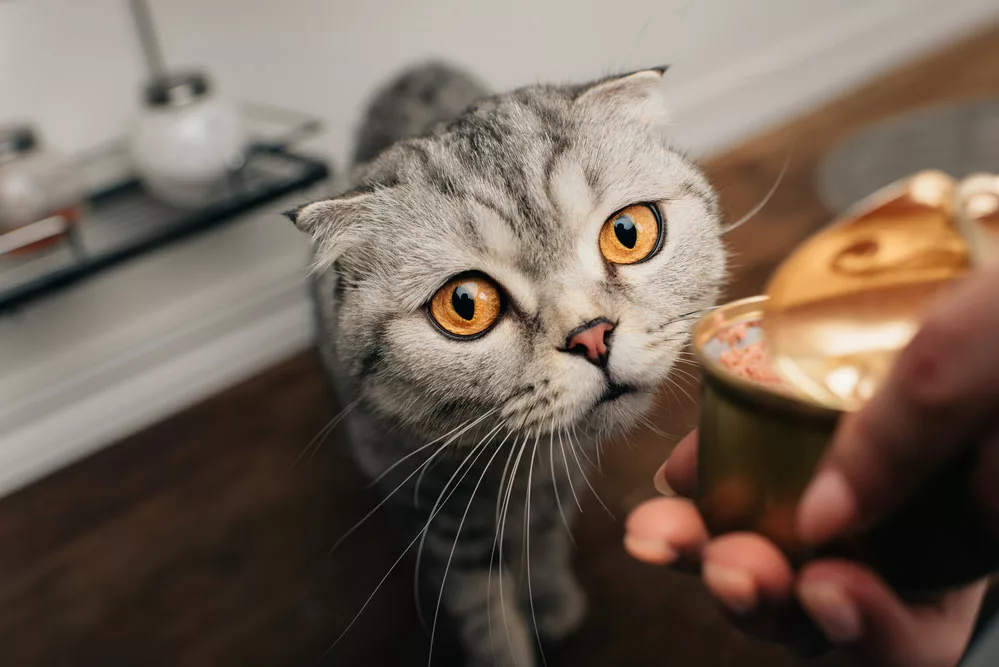
(Cats and food)
Conclusion
Cats have a ten-year memory span for individual persons, locations, and occasions. But much like people, cats may experience age-related cognitive deterioration.
So one of the practical methods to lower your cat’s risk of acquiring feline dementia is to provide lots of mental activity via games and puzzles. By giving your optimum cat care, your feline will stay happy and motivated for a long time.
